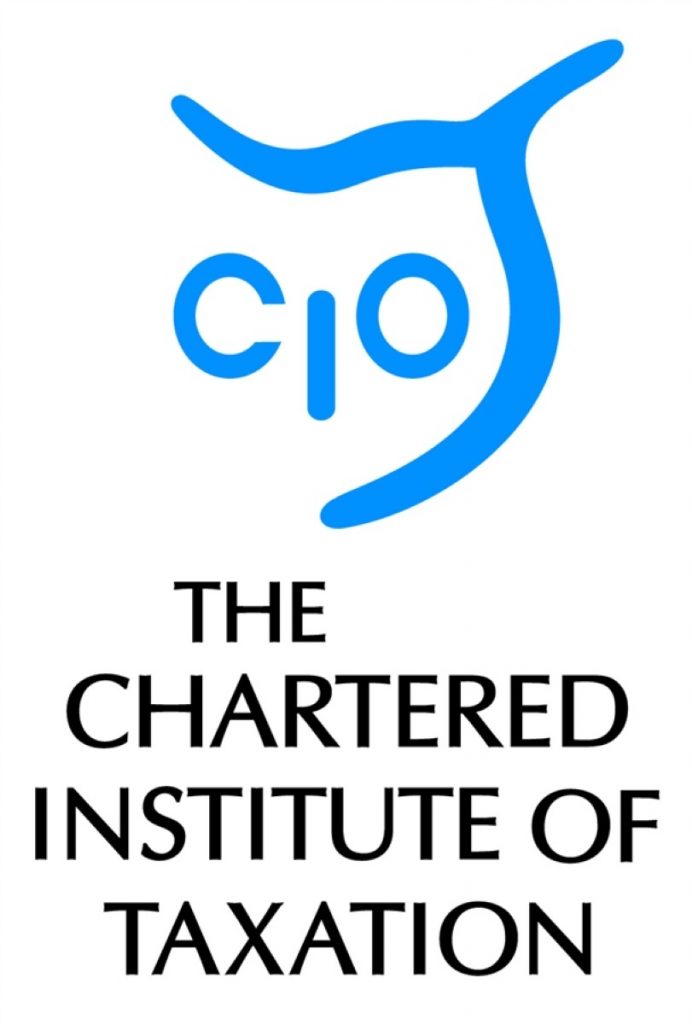CIOT: HMRC agent strategy – do not forget the unrepresented
HMRC’s agent strategy – don’t forget the unrepresented
The Low Incomes Tax Reform Group (LITRG) has emphasised that any system of enhanced access to systems for tax professionals must not be at the expense of unrepresented taxpayers.
This follows today’s publication of the government consultation document: ‘Establishing the future relationship between the tax agent community and HMRC’.
John Andrews, Chairman of the CIOT’s Low Incomes Tax Reform Group, said:
“A self-serve facility giving agents access to HMRC systems could be a valuable tool for represented taxpayers and their agents, as well as saving HMRC time and money. If those acting for taxpayers in a voluntary capacity can access systems too, then that will be particularly welcome. Voluntary sector and informal agents should in any case benefit from a simpler, more streamlined authorisation process as envisaged in the consultation document.
“However, this tax agent strategy is not an alternative to dealing with poor service levels at HMRC call centres and delays in responding to correspondence. What most taxpayers need is access to knowledgeable HMRC officials who can deal with their tax queries and requests promptly and accurately.
“There is a danger that in aiming to provide a Rolls-Royce service for agents, the unrepresented taxpayer, trying to cope on their own, will be further disadvantaged. Will every unrepresented taxpayer need in future to have an agent in order to get a decent level of performance out of HMRC staff and systems?
“LITRG will wish to ensure that HMRC recognise the risks for the unrepresented”
Notes to editors
1. The consultation document, ‘Establishing the future relationship between the tax agent community and HMRC’, sets out proposals for the future relationship between tax agents and HMRC. Proposals include a system of enrolment of professional tax agents, with enrolled agents granted access to a ‘self-serve’ facility enabling them to access directly some HMRC systems online. This could include agent self-authorisation, seeing the full range of their clients’ payments and liabilities, and amending clients’ coding notices.
2. The Low Incomes Tax Reform Group (LITRG) is an initiative of the Chartered Institute of Taxation (CIOT) to give a voice to the unrepresented. Since 1998 LITRG has been working to improve the policy and processes of the tax, tax credits and associated welfare systems for the benefit of those on low incomes.
3. The CIOT is a charity and the leading professional body in the United Kingdom concerned solely with taxation. The CIOT’s primary purpose is to promote education and study of the administration and practice of taxation. One of the key aims is to achieve a better, more efficient, tax system for all affected by it – taxpayers, advisers and the authorities.
– ENDS –
George Crozier
External Relations Manager
D: +44 (0)20 7340 0569
M: +44 (0)7740 477374
The Chartered Institute of Taxation
Registered charity number 1037771
www.tax.org.uk
The Association of Taxation Technicians
Registered charity number 803480
Registered company number 2418331
VAT Registration Number 497 5390 90
www.att.org.uk
1st Floor, Artillery House, 11-19 Artillery Row, London SW1P 1RT





-01.png)